Dr Btihaj Ajana, Senior Lecturer at the Department of Digital Humanities, is involved in an upcoming workshop on “”€uro-Vision: Monstrification between Extraction and Border”. The workshop is free and open to all, supported by Arts Catalyst, a nonprofit contemporary arts organisation that commissions and produces trans-disciplinary art and research. Their goal is to “activate new ideas, conversations and transformative experiences across science and culture, engaging people in a dynamic response to our changing world.”
Further details on the workshop and registration can be found below.
Continue reading “Free workshop: “€uro-Vision: Monstrification between Extraction and Border””

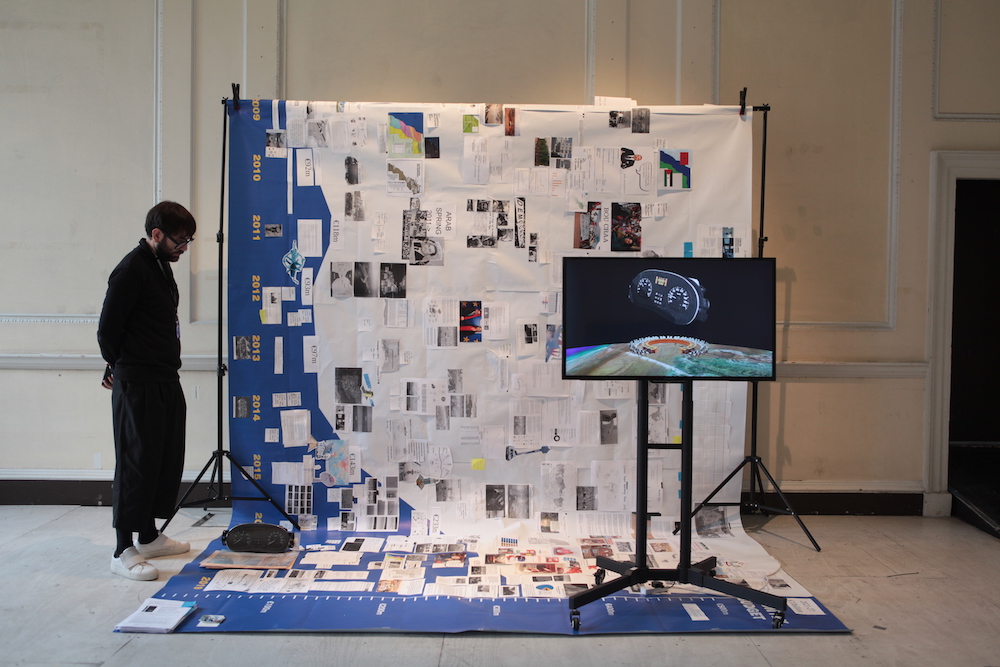
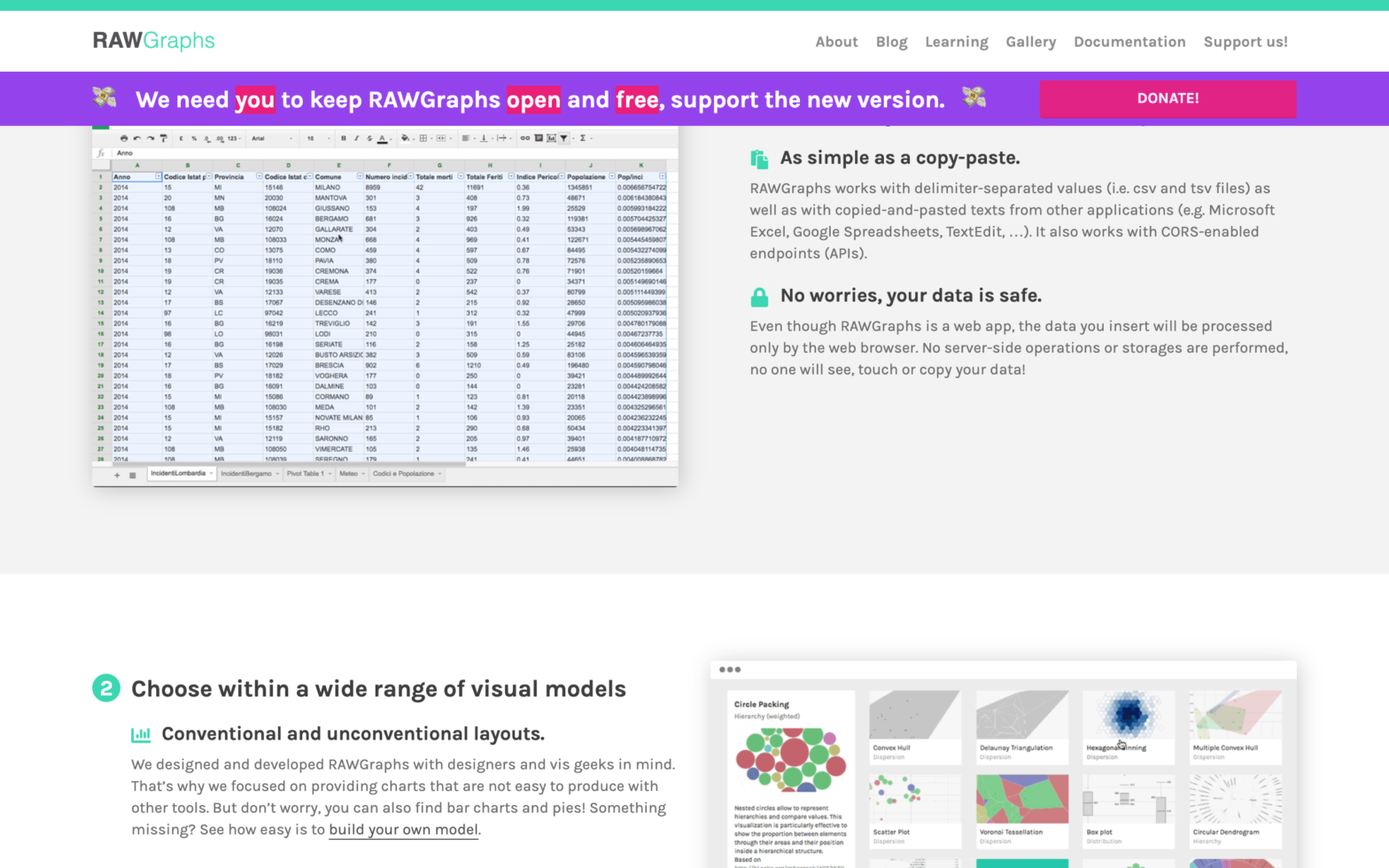
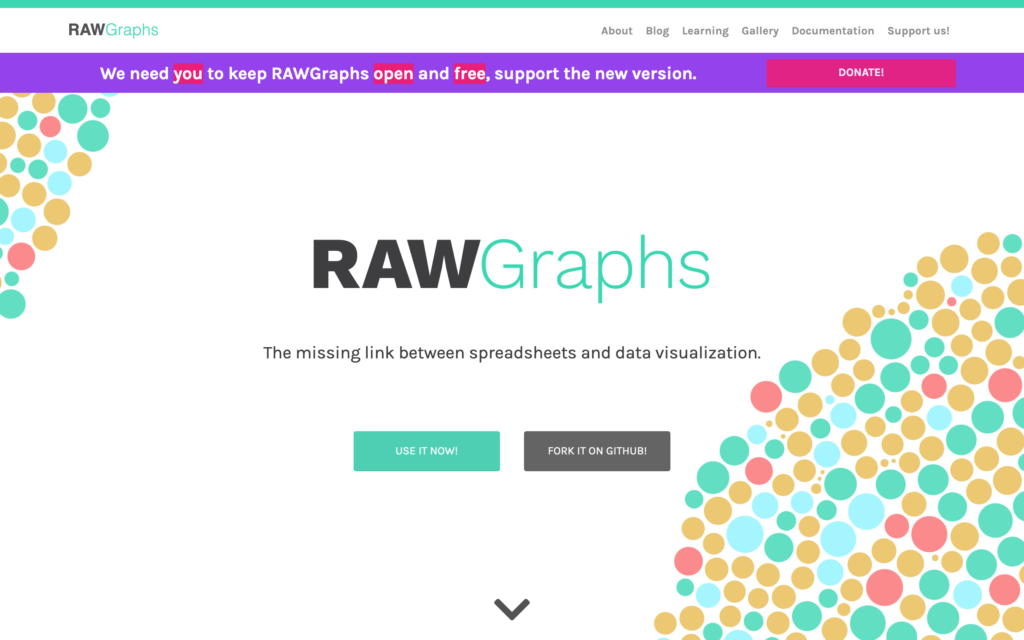


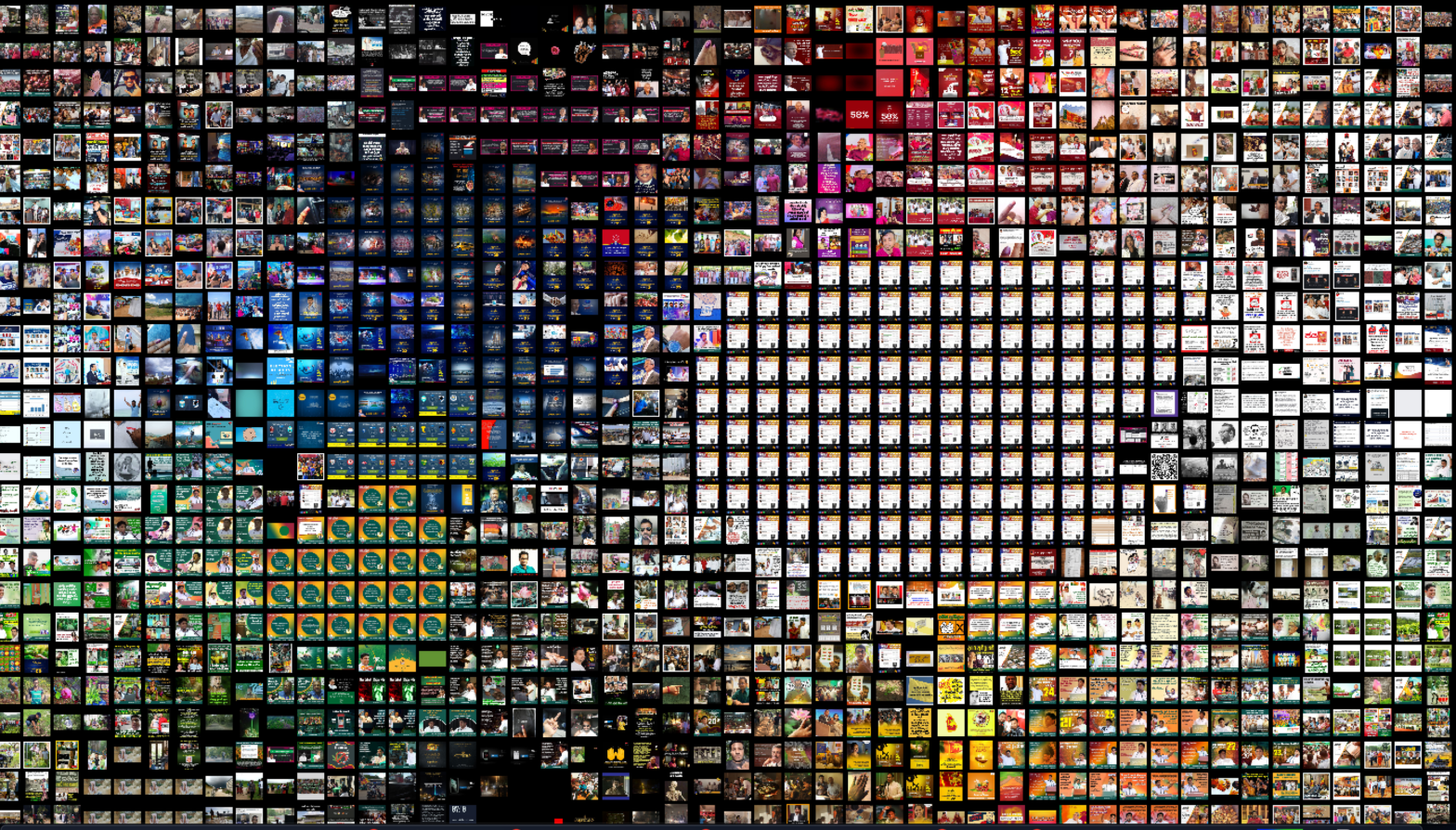
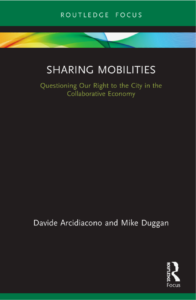
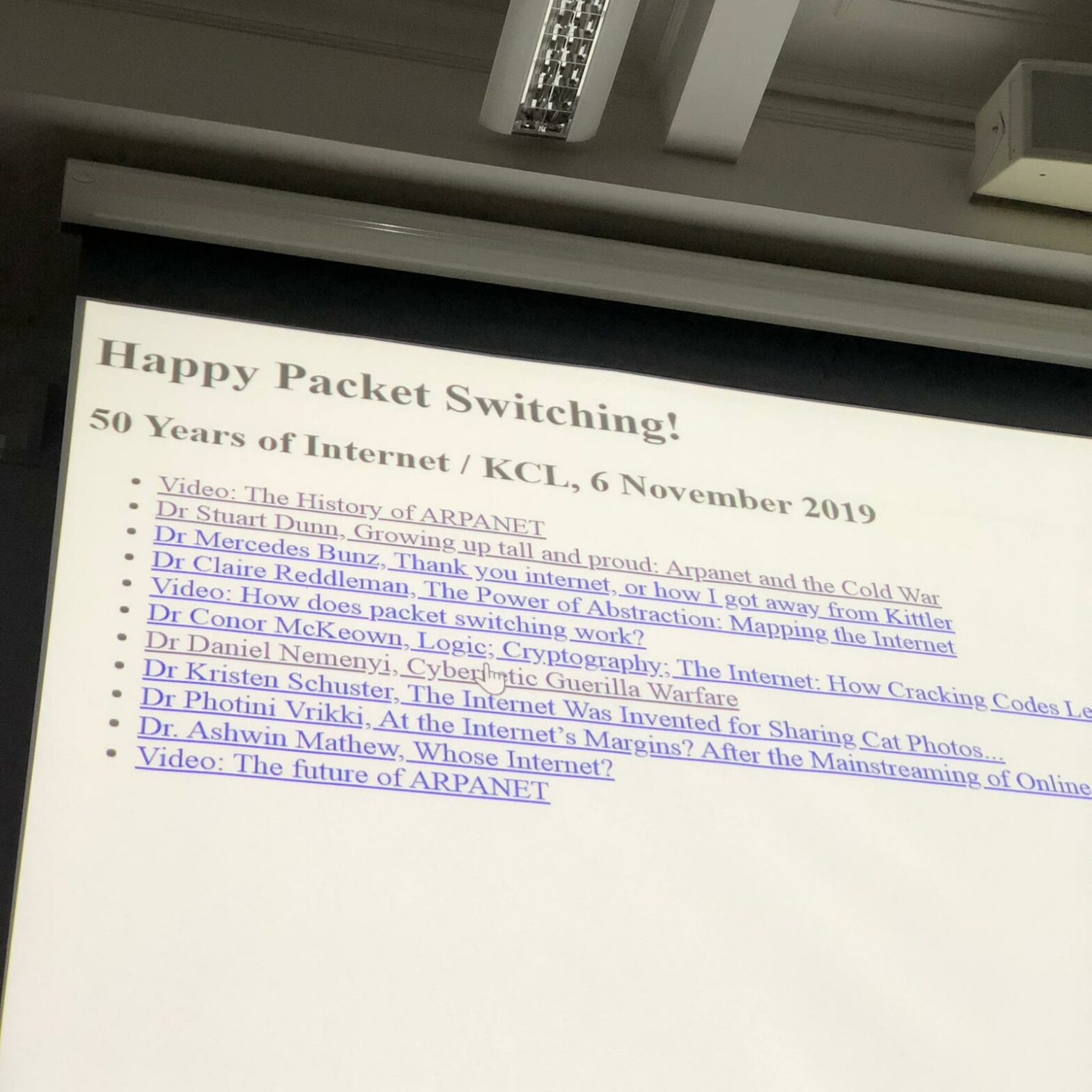
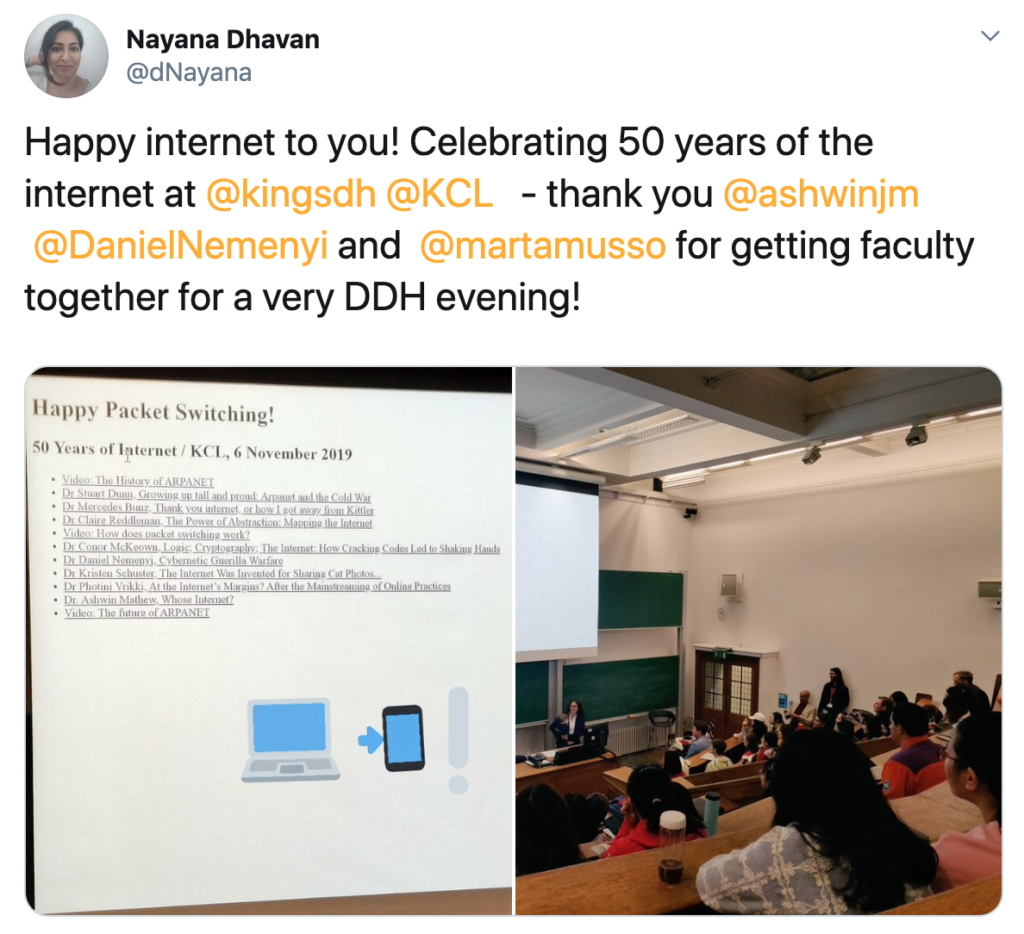
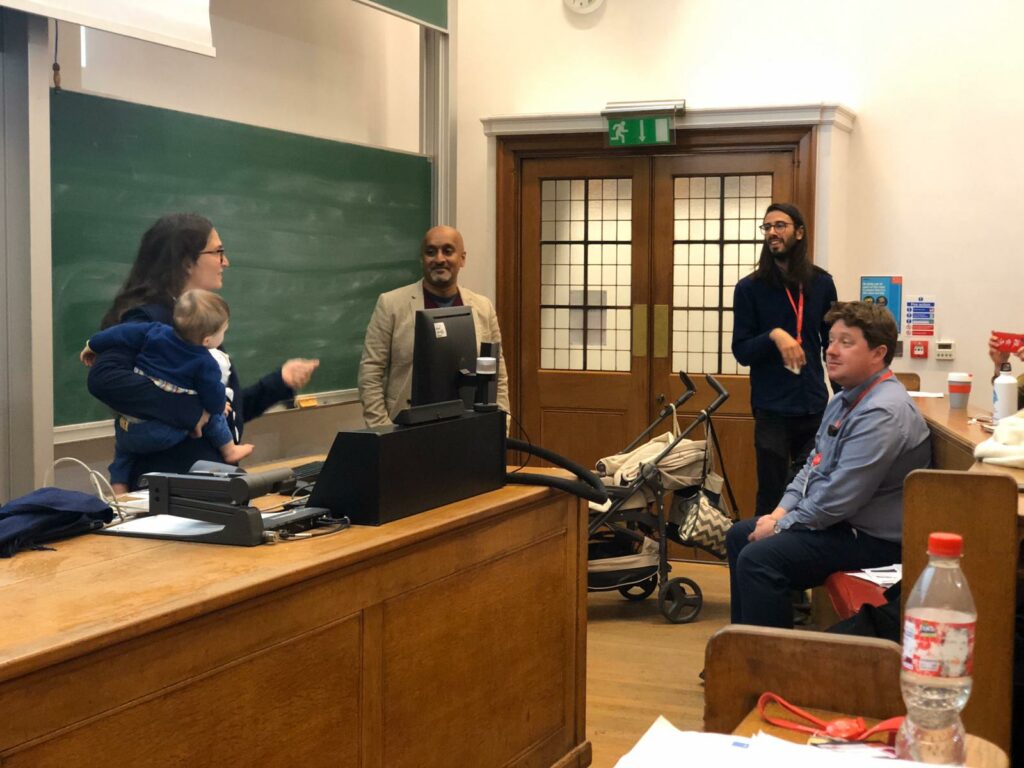
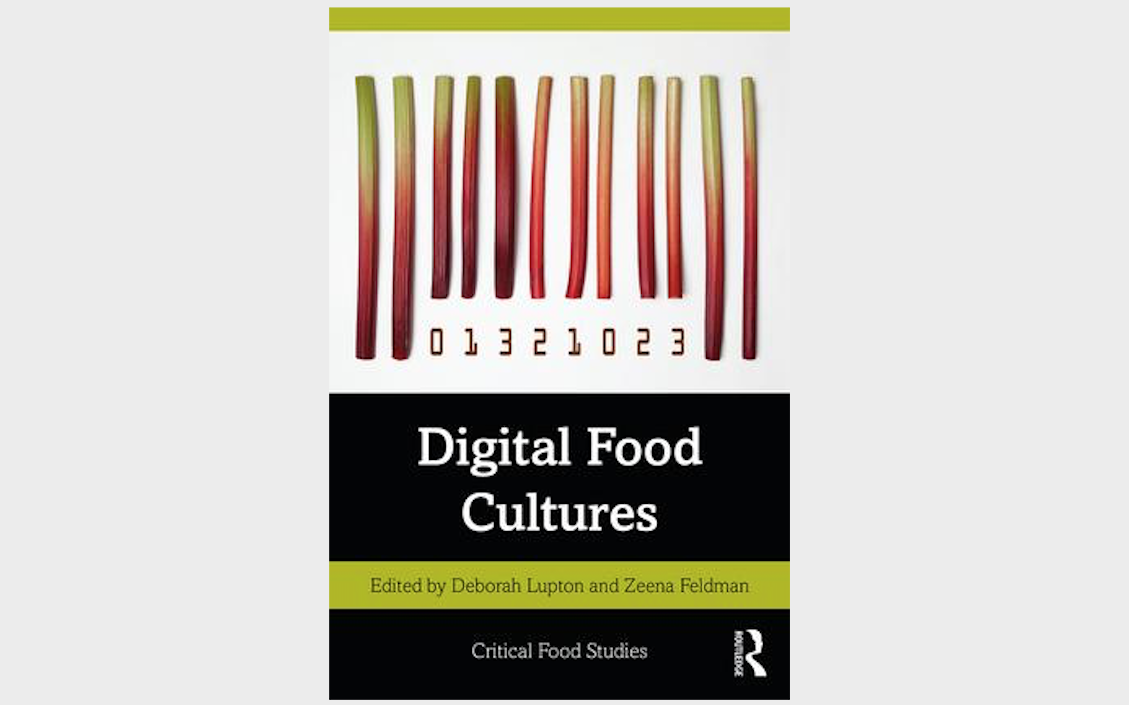
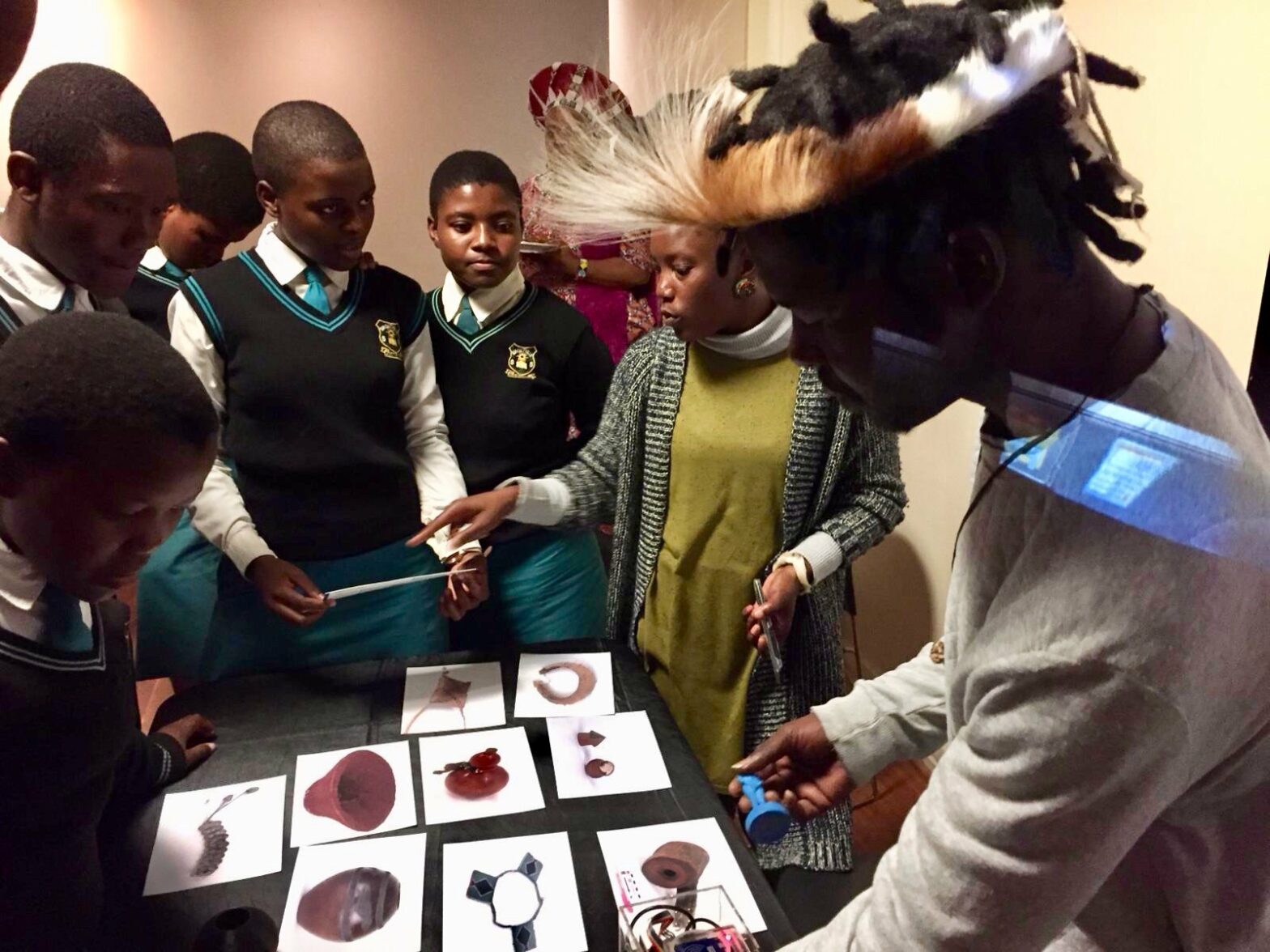
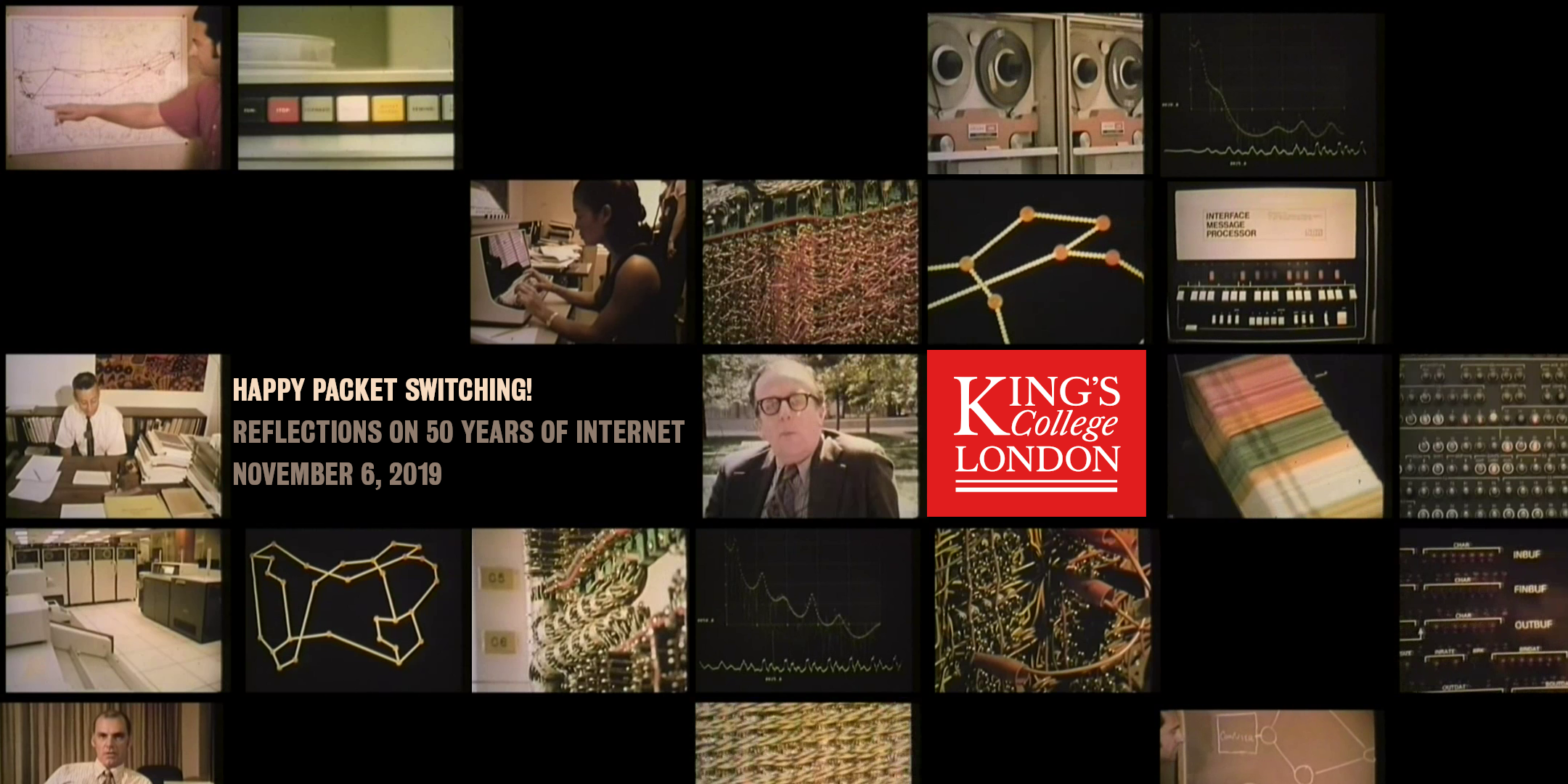

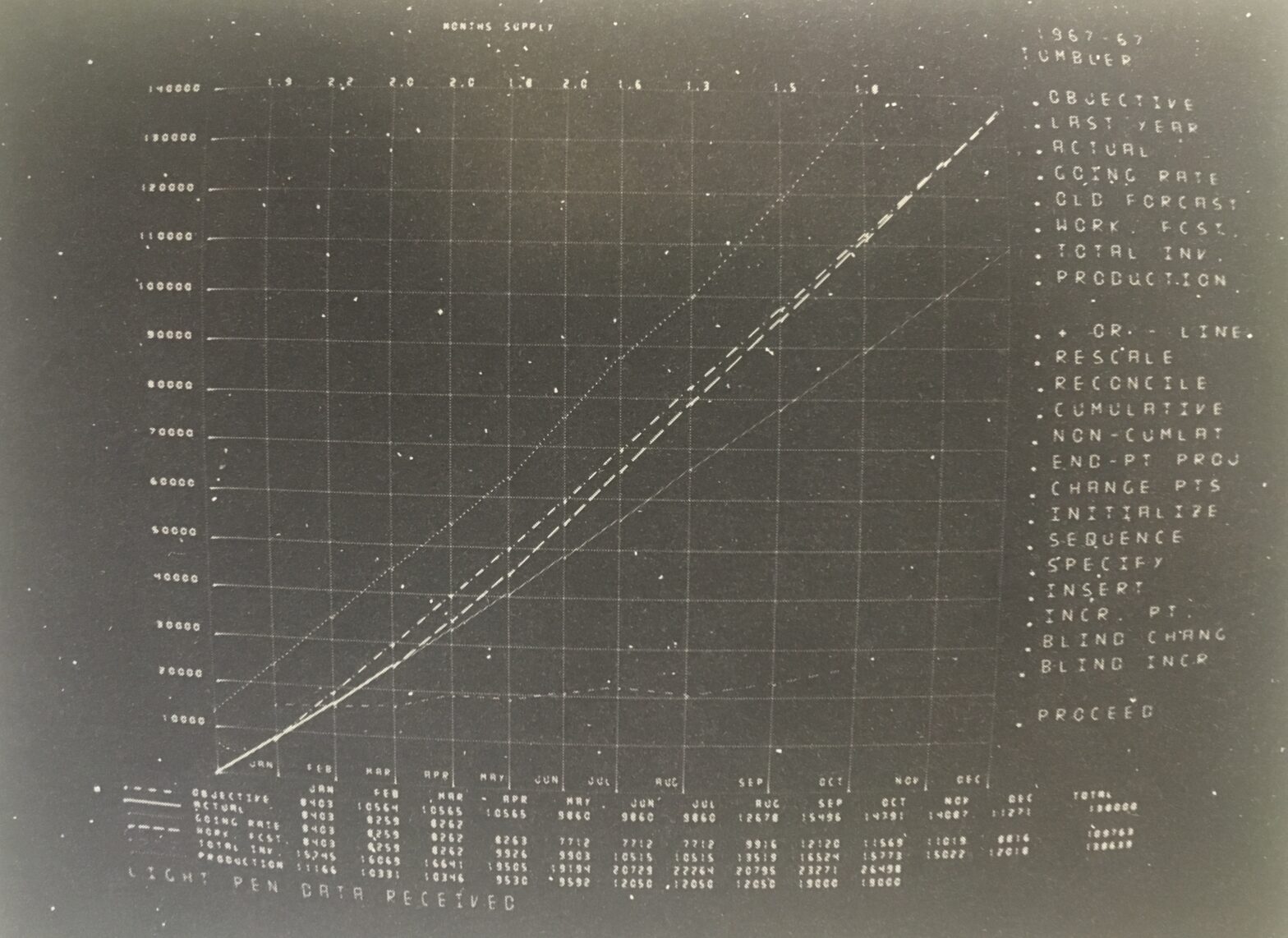
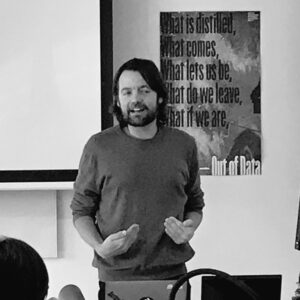 Dr
Dr 